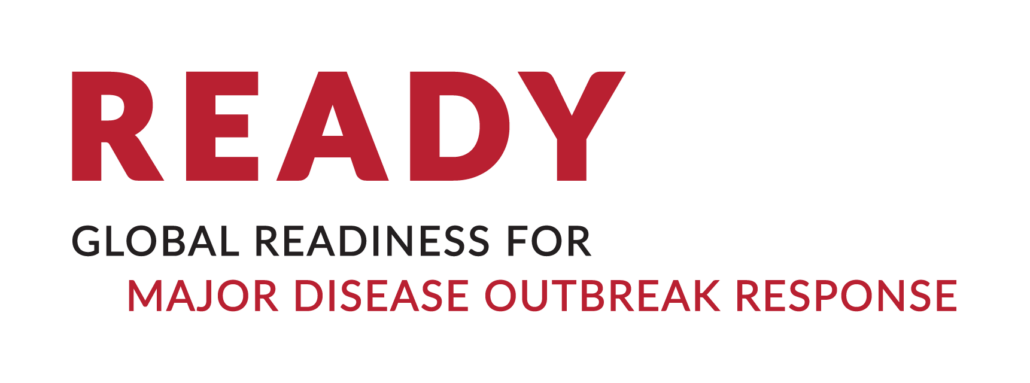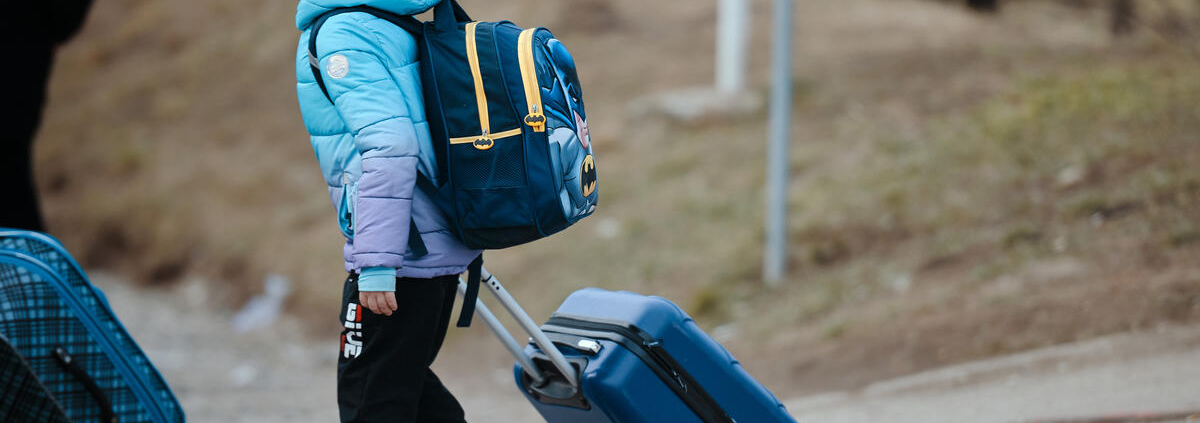COVID-19: How to include marginalized and vulnerable people in risk communication and community engagement
Author: Regional RCCE Working Group
Women, the elderly, adolescents, youth, and children, persons with disabilities, indigenous populations, refugees, migrants, and minorities experience the highest degree of socio-economic marginalization. Marginalized people become even more vulnerable in emergencies due to factors such as their lack of access to effective surveillance and early-warning systems, and health services. This document provides guidance on how to include marginalized and vulnerable groups in risk communication and community engagement activities.
The Regional Risk Communication and Community Engagement Working Group is an inter-agency coordination platform established to provide technical support on risk communication and community engagement to novel coronavirus outbreak (known as COVID-19) preparedness and response in Asia and the Pacific. This Working Group consists of RCCE experts and specialists from a wide range of organizations including UN agencies, Red Cross and Red Crescent Societies, INGOs, NGOs from the region.


ይህ ድረ-ገጽ በአሜሪካ ህዝብ ድጋፍ በ የዩናይትድ ስቴትስ ዓለም አቀፍ ልማት ኤጀንሲ (ዩኤስኤአይዲ) በ READY ተነሳሽነት። READY (አህጽሮተ ቃል አይደለም) በዩኤስኤአይዲ የተደገፈ ነው። ቢሮ ለዲሞክራሲ፣ ግጭት እና ሰብአዊ እርዳታ, የአሜሪካ የውጭ አደጋ እርዳታ ቢሮ (OFDA) እና የሚመራው ልጆችን አድን። ከ ጋር በመተባበር ጆንስ ሆፕኪንስ የሰብአዊ ጤንነት ማዕከል፣ የ ጆንስ ሆፕኪንስ የመገናኛ ፕሮግራሞች ማዕከል, ዩኬ-ሜድ, ኢኮ ሄልዝ አሊያንስ, እና ምህረት ማሌዥያ. የዚህ ድረ-ገጽ ይዘት የሴቭ ዘ ችልድረን ብቸኛ ኃላፊነት ነው። በዚህ ድረ-ገጽ ላይ የቀረበው መረጃ የዩኤስኤአይዲን፣ የማንኛውንም ወይም ሁሉንም የጋራ አጋር ድርጅቶችን ወይም የዩናይትድ ስቴትስ መንግስትን አመለካከት የሚያንፀባርቅ አይደለም፣ እና ኦፊሴላዊ የአሜሪካ መንግስት መረጃ አይደለም።


